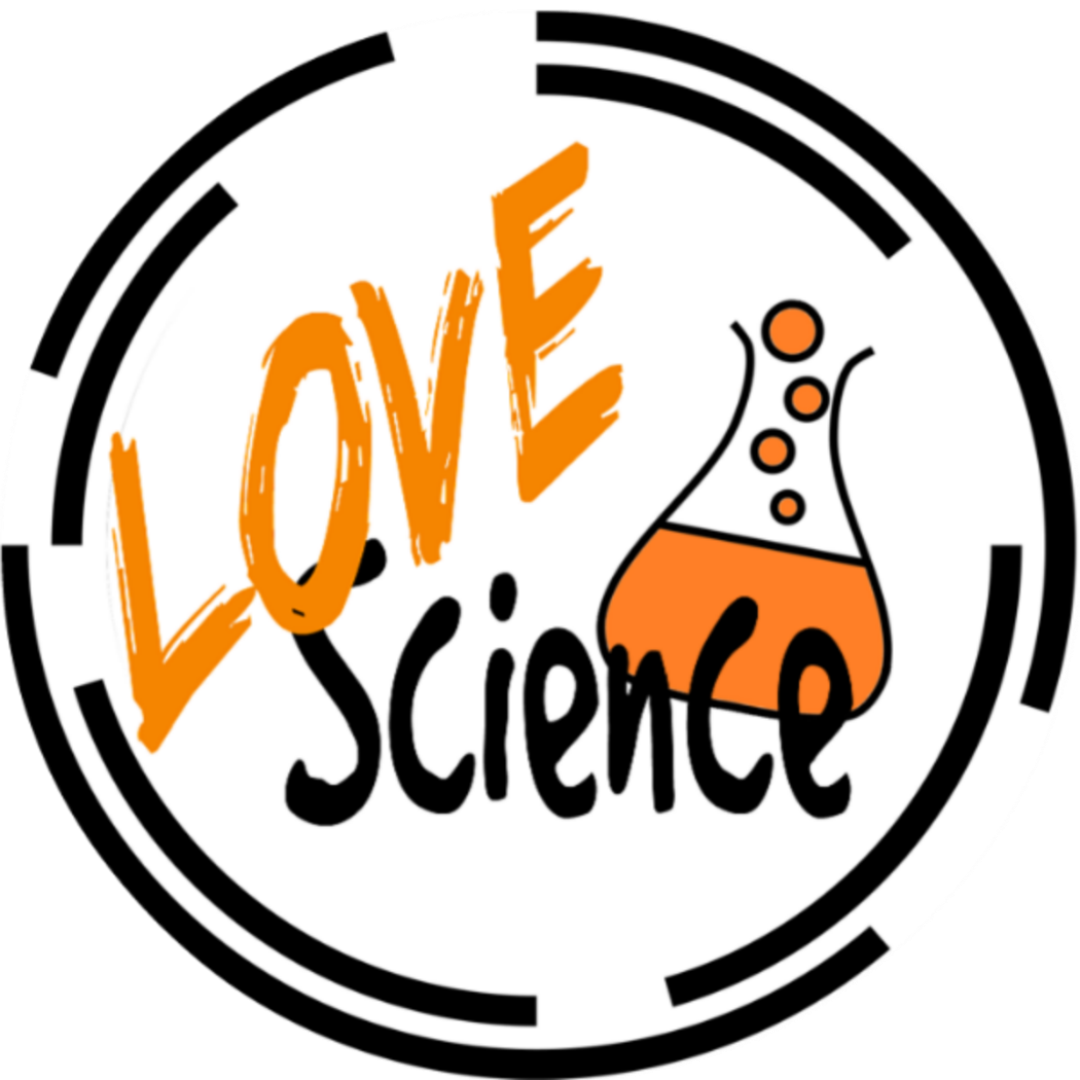
Why experiments are so important (and 4 easy ways to get started)
01/03/2025
Hands-on learning is really powerful in primary science education. Encouraging children to engage directly with scientific concepts through experiments fosters a deeper understanding and a lasting love for science. This method not only aligns with the natural curiosity of young learners but also helps them develop essential skills for problem-solving, critical thinking, and teamwork.
1. Teaching abstract ideas

Confucius may have said this a couple of millennia ago but it still holds true. We are often teaching some pretty abstract concepts in science so adding in some practical work helps make a tangible link between these ideas and the real world. Take the vinegar and baking soda reaction, in that simple experiment, we can explore acidity, chemical reactions, states of matter and even temperature changes, all of which are quite difficult concepts for young learners to grasp.
According to a study published in the International Journal of Science Education (2000), students who engage in hands-on activities have a better conceptual understanding of scientific principles compared to those who are primarily taught through passive methods like lectures.
2. Building Essential Skills
Hands-on learning encourages children to use their senses and physical engagement to solve problems. This process builds not only scientific knowledge but also key skills like observation, measurement, and analysis. A study by the National Research Council (2007) highlights how enquiry-based science learning can foster a deeper understanding of both the process and content of science, emphasising the development of critical thinking and reasoning skills.
By conducting simple science experiments, such as exploring the properties of magnets or observing plant growth, children learn to formulate hypotheses, conduct investigations, and interpret results—skills that are vital in both academic settings and everyday life. Working in groups during these activities teaches children how to collaborate, share ideas, and communicate findings effectively.
3. Promoting Long-Term Interest in Science
Finally, hands-on learning fosters an enduring interest in science. When children engage in interactive activities, they develop a sense of excitement and curiosity that extends beyond the classroom. Research conducted by the Royal Society of Chemistry (2015) found that young students who participated in interactive science activities were more likely to pursue science-related careers later in life. This early exposure to the wonder and joy of scientific discovery can have a long-term impact on students' academic interests and career aspirations.
Practical Tips for Teachers: Incorporating Hands-On Learning in Primary Science
For teachers looking to incorporate more hands-on learning in their classrooms, here are a few simple tips:
- Start with simple experiments: Activities like making a rainbow with a glass of water or growing crystals are simple, but they allow children to explore key scientific principles.
-
Use everyday materials: You don’t need expensive lab equipment to create a meaningful science experience. Household items like vinegar, baking soda, and food coloring can be used for a variety of experiments.
-
Encourage enquiry-based learning: Allow children to ask their own questions and explore how to test them through experiments. This method fosters curiosity and scientific thinking.
-
Collaborate and communicate: Encourage teamwork and allow students to share their findings. Collaboration fosters a deeper understanding and enhances the learning experience.
______________________________________________________________________________________________________________________________________________________________
Looking for fun packed activities for your school? For anything from one off WOW days to regular PPA sessions, we create individual workshops especially for your school or nursery.


